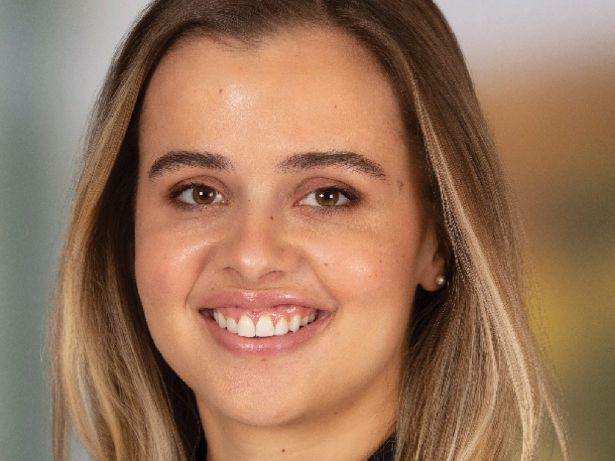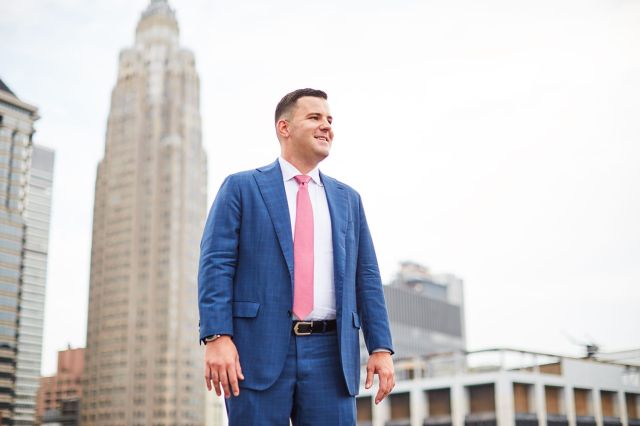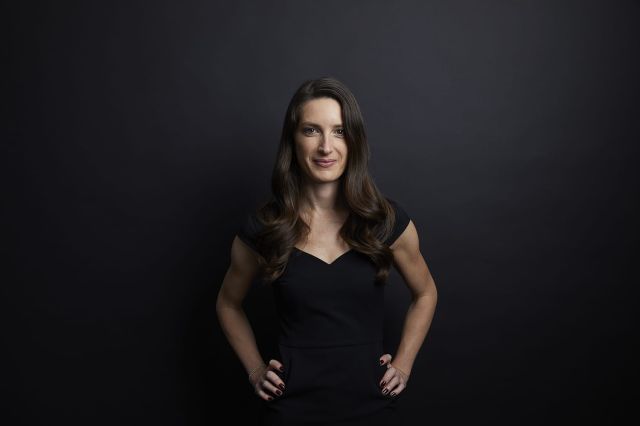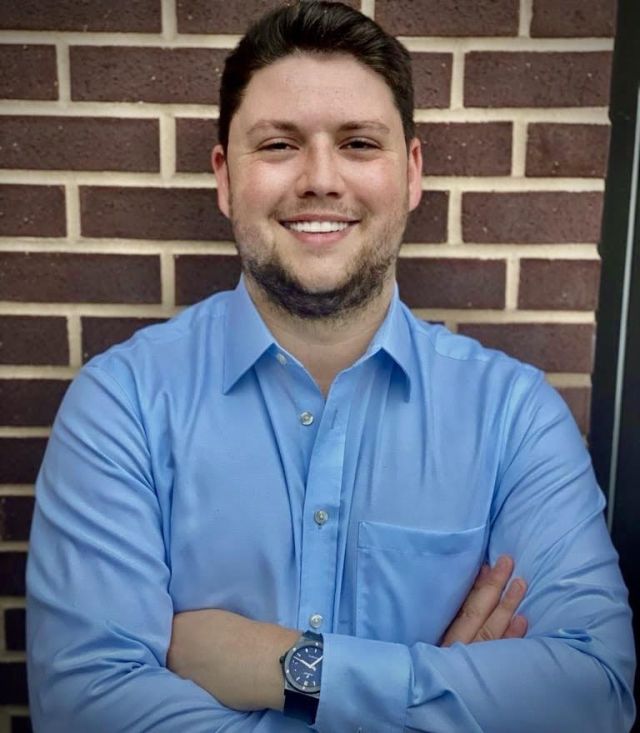
Peyton Johnson.
Peyton Johnson, 28
Manager on the occupier services team at Savills

Peyton Johnson had her first interview with Savills on the team bus, en route to a soccer game against Brown University. She was a senior and a competitive soccer player at Harvard, with an explosive offer at a finance firm that was about to expire. So, she fit the Savills interview into the only slot available.
By the time the bus rolled into Providence, R.I., she had a tentative offer from Savills and had “lucked into something that suits my personality,” Johnson said.
Johnson is now a manager with the occupier services team at Savills in New York, where she works with clients on a portfolio level, offering consulting on strategic initiatives, such as where to expand and contract, and managing transactions all over the world. Her clients include Washington, D.C.-based education software company Blackboard and a San Francisco-based technology company that she helped break into the Indian market.
After college, Johnson spent three years at Savills’ Washington, D.C., office before deciding to make a career switch and move to New York. She took a salaried job in marketing analytics at the fast-growth beauty startup Glossier, a company she admired for its successes and whose products she was a fan of.
After a little more than a year, however, she realized she missed the environment at Savills — and that she appreciated the commissions-based system, where value was attached to performance. As a former competitive athlete, Johnson said commercial real estate is right for her because it offers a similar mix of competition, teamwork and value based on merit.
“I am who I am because of team sports,” she said. “It makes you have to check your ego at the door.”
The pandemic has brought even more work, as companies scramble to reevaluate their office strategies in light of the new world order. It’s also gotten Johnson addicted to Peloton. More importantly, it’s given her an increased sense of empathy, as well as a greater sense of how unfair some systems are, Johnson said.
“In seeing the disproportionate impact of COVID on communities, I think I realized what a bubble I was in,” she said. “[It] has made me want to get more involved in giving back to charities, and taking a more active stance in the things I believe in, because they’re not going to fix themselves.”






